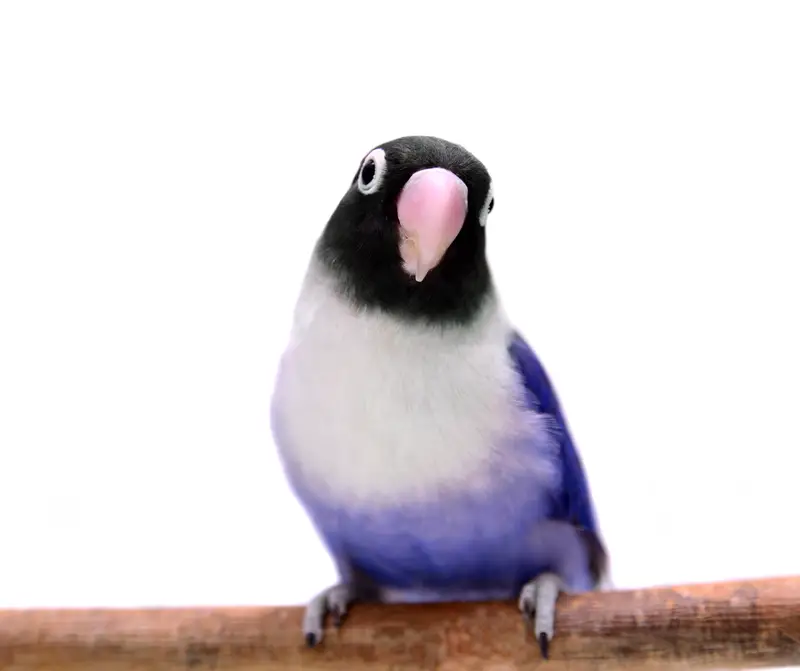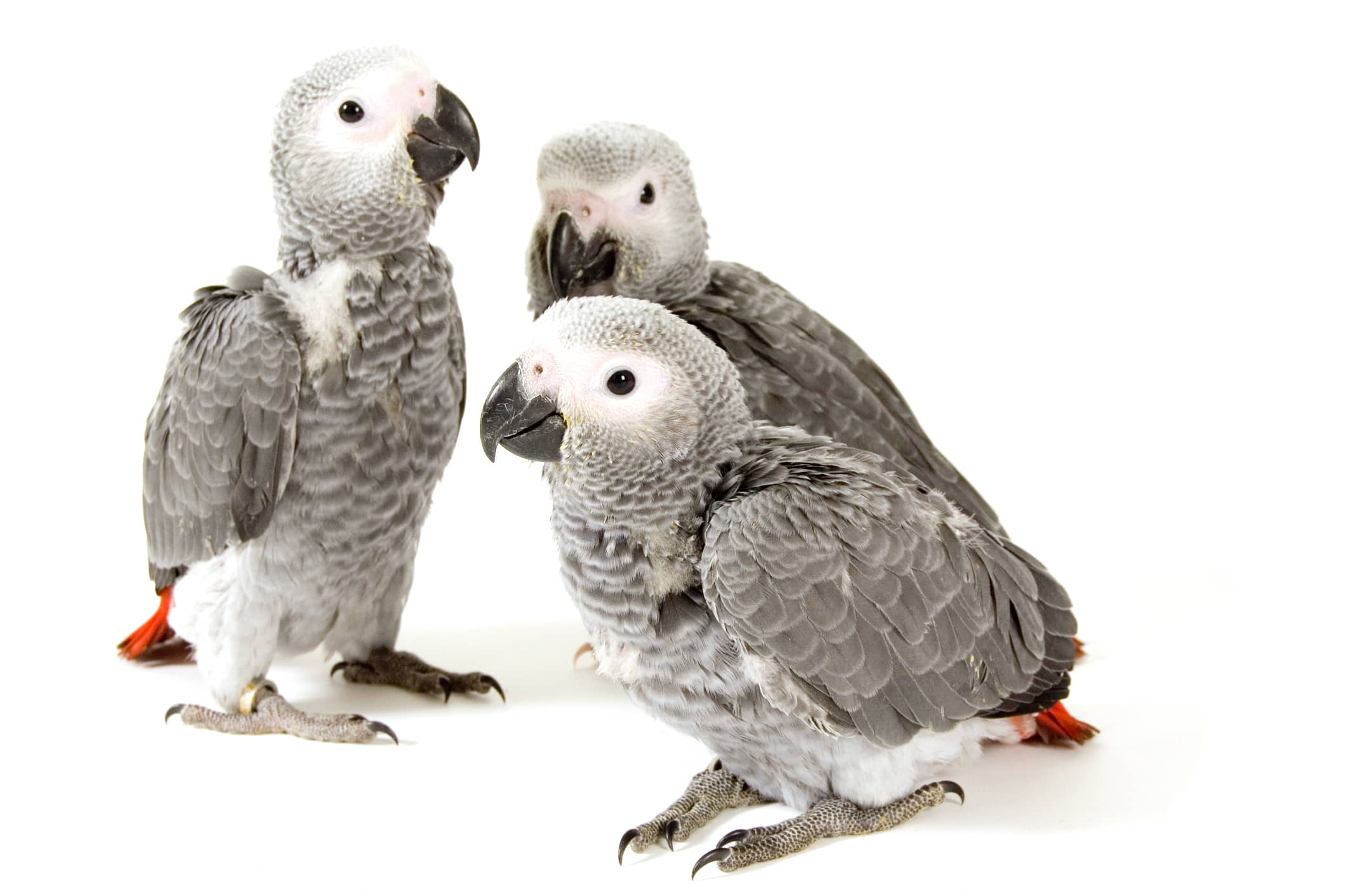Birds can experience health issues just like any other living thing, and bird antibiotics are crucial for treating these problems. Antibiotics have revolutionized medicine and have helped save millions of human lives from infectious diseases like pneumonia and TB.
However, some people believe that antibiotics are naturally harmful and therefore avoid using them for themselves or their birds. This notion is based on the misuse and overuse of antibiotics, not their true benefits.
When used correctly, antibiotics are helpful tools, but when misused, they may cause problems. This article aims to provide information about bird antibiotics so that you can understand their importance in maintaining the well-being of our feathered friends.
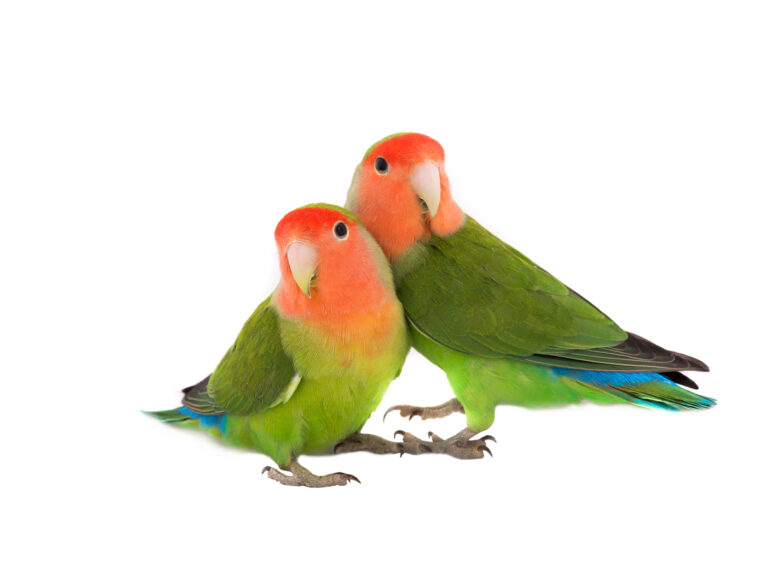
Understanding Bird Antibiotics
An antibiotic is a type of medicine designed to combat bacterial infections by inhibiting their growth. The concept of antibiotics dates back to a time when a natural method to halt bacterial growth was discovered. This breakthrough paved the way for the development of synthetic antibiotics that function in a similar manner.
Despite our best efforts to maintain the health of our birds, such as the Kakariki parrot, illness can sometimes be unavoidable. In such instances, many resort to administering antibiotics immediately, although this may not always be the most prudent course of action.
Administering incorrect medication or giving antibiotics to a bird not suffering from a bacterial infection can lead to complications. Additionally, the overuse of antibiotics has led to more stringent regulations regarding their purchase. While antibiotics play a crucial role in maintaining the health of birds, it is imperative to exercise caution and discretion in their use.
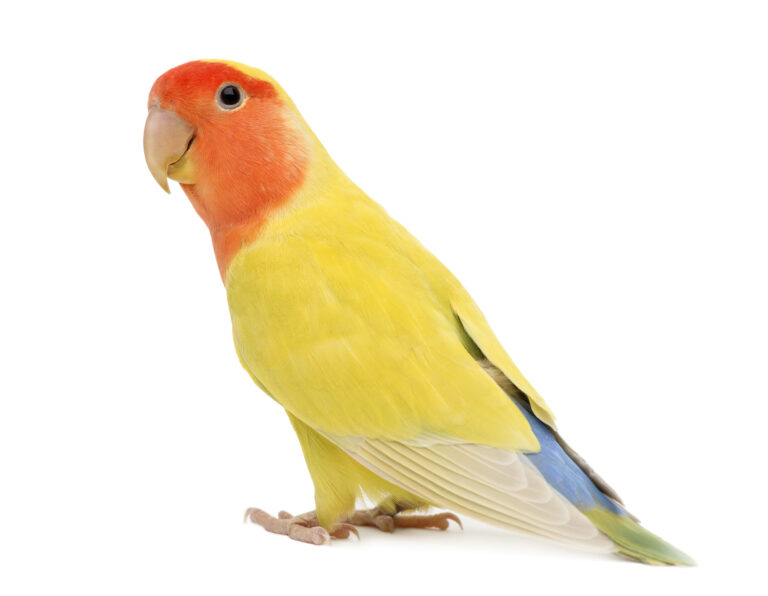
Misuse of Parrot Antibiotics
Antibiotics are antibacterial drugs that effectively destroy germs. However, not all antibiotics are the same. Some destroy what is known as gram-positive bacteria, whilst others kill gram-negative bacteria.
Since the discovery of penicillin, numerous additional classes of antibiotics have been developed to combat different bacteria, such as fluoroquinolones, one of the most prominent classes used by avian veterinarians (Baytril is an example). Using the wrong antibiotic for a particular bacterium either does nothing or makes the infection worse.
Antibiotics must be administered for a set amount of time. Doctors and veterinarians do not give antibiotics for 10 to 14 days simply because it appears to be a reasonable period but because there is data that supports this time range for killing an invading infection.
Consequently, when individuals or their birds disregard the correct course of action just because they feel better or appear better, they risk leaving more resistant germs behind. This can quickly lead to an even more aggressive illness. Bacteria can change and develop antibiotic resistance, and physicians must then use stronger antibiotics, which might not always work. As a result, deviating from the set path might be fatal.
Many people are unaware of how resistance works and believe that a single person develops resistance to the antibiotic. In reality, it is the bacteria that develop resistance. It generates a more lethal strain that can expand to the entire population, leading to irresponsible use by everybody.
The worst thing an individual can do for their bird is to self-diagnose their sickness and purchase antibiotics from a pet store. These drugs are usually combined with water, have an extremely broad spectrum of action and are seldom beneficial for most illnesses.
These drugs provide a false sense of security and can waste critical time when a bird needs competent medical care. When it comes to ill birds, time is of utmost importance. If an infection takes hold, they can degenerate and die in a matter of hours.
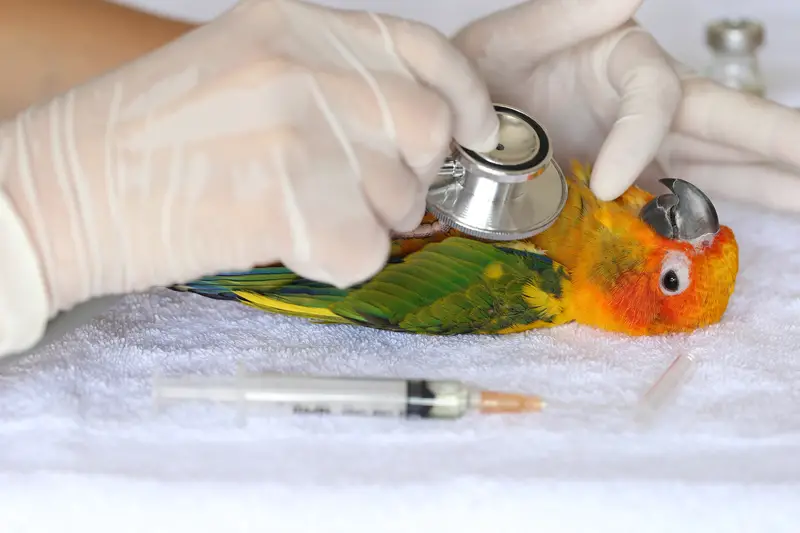
Different Types of Antibiotics for Birds
Several types of antibiotics can be used for treating bird infections including:
Fluoroquinolones
Fluoroquinolone medications are a kind of antibiotic that kills bacteria and combats illnesses. They are critical in the treatment of certain bacterial infections, some of which can be fatal. Ciprofloxacin, moxifloxacin, levofloxacin, and ofloxacin are among the antibiotics in this group of drugs. This advice only applies to medications that are injected or inhaled.
Macrolides
Macrolides are a kind of antibiotic that is used to manage and treat bacterial infections. Infections such as pneumonia, sinusitis, pharyngitis, and tonsillitis are routinely treated with azithromycin, clarithromycin, and erythromycin. They are also used to treat simple skin diseases in birds.
Sulfonamide
Sulfonamide medicines are antibiotics that target bacteria that cause illnesses. These medications are often broad-spectrum antibiotics that act on a large range of bacterial species and are thus used to treat a variety of bacterial illnesses.
Tetracycline
Tetracycline is a drug that is used to treat a range of illnesses, including acne. It is an antibiotic that is used by stopping bacterial growth. This antibiotic exclusively addresses bacterial illnesses. It will not help with viral illnesses (such as the common cold or flu). When an antibiotic is used when it is not needed, it may become ineffective against future illnesses. Tetracycline can also be used to treat some forms of stomach ulcers in conjunction with anti-ulcer medicines.
Aminoglycosides
Aminoglycosides are bactericidal antibiotics with a broad spectrum of action that are often used to treat infections caused by Gram-negative organisms. Gentamicin, amikacin, tobramycin, neomycin, and streptomycin are included in aminoglycosides.
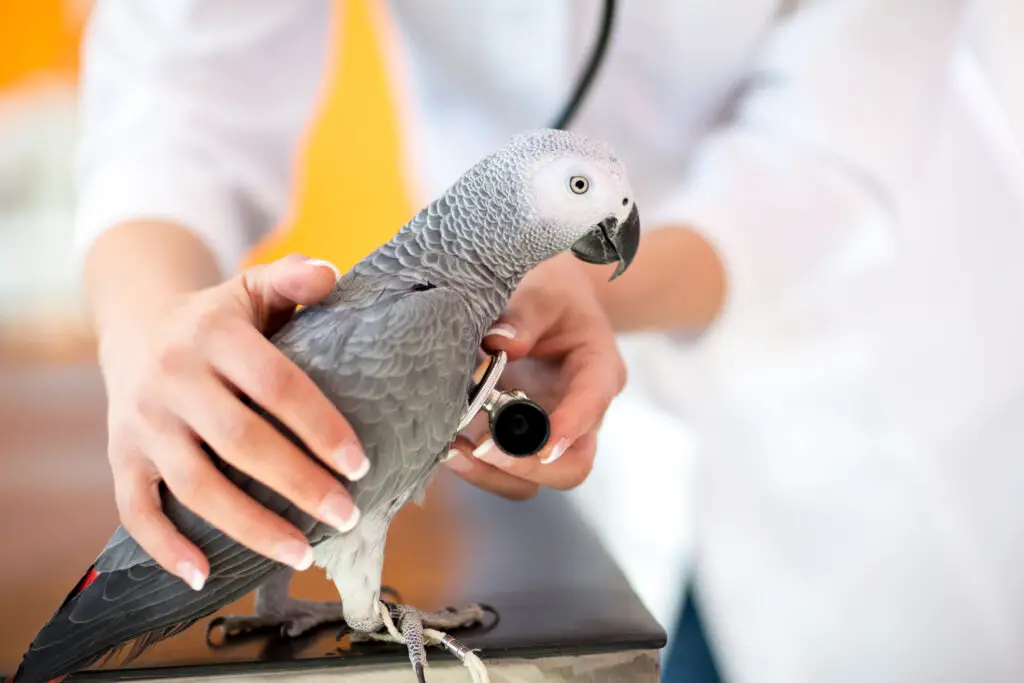
How to use Bird Antibiotics
When giving medication to your bird, such as a Caique, it is vital to be careful and aware of potential dangers. Administering medication through water is common, but it can be challenging to ensure the bird consumes the right amount.
A more accurate method is to use a syringe to directly administer the medication into the bird’s mouth.
It might be tempting to treat your bird with home remedies, especially when they are on antibiotics. However, it is recommended to avoid this as some foods can interact with the medication and reduce its effectiveness. For example, adding grapefruit seed extract to the water can impede the absorption of essential medication.
After your bird recovers from an illness, administering probiotics can help maintain their health.
Nonetheless, it is important to note that probiotics designed for mammals may not be suitable for birds. Unfortunately, developing bird-specific probiotics is currently quite costly.
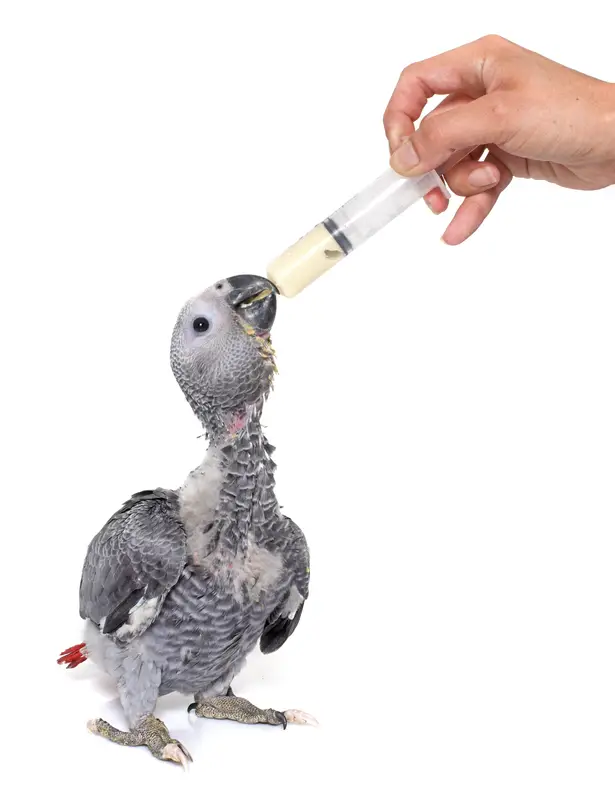
Final Thoughts
As a responsible bird owner, it’s important to understand the risks and benefits of antibiotics when it comes to your feathered friends.
While antibiotics can be effective in treating bacterial infections, their overuse or misuse can lead to antibiotic resistance, making infections more difficult to treat in the future.
It’s essential to be cautious and aware of the risks associated with using antibiotics in birds. This means that antibiotics should only be used when absolutely necessary, and under the guidance of a veterinarian.
By using antibiotics properly and responsibly, we can help preserve their efficacy for the future and reduce the risk of creating a society where common illnesses become life-threatening. So, it’s crucial to appreciate the importance of antibiotics and use them wisely for the well-being of your birds and the broader society.
Frequently Asked Questions (FAQ)
What antibiotics can a bird take?
Birds can use a variety of antibiotics, including fluoroquinolones, macrolides, sulfonamides, tetracyclines, and aminoglycosides
What is the best antibiotic for small birds?
Baytril 2.5% is a broad-spectrum antibiotic used for treating many types of birds including smaller ones.

Alan Winters
Alan is a dedicated bird enthusiast and experienced writer who has been sharing insights on bird care and behavior for several years. With a passion for parrots in particular, Alan has a deep understanding of their unique needs and behavior patterns.
As a trusted authority in the field of bird care, Alan takes pride in sharing accurate and up-to-date information with his readers. Through his writing, he aims to educate and inspire bird owners of all experience levels to provide the best possible care for their feathered friends.
When not writing about birds, Alan can be found volunteering at local bird sanctuaries and rescues, where he enjoys putting his knowledge and experience to use helping birds in need.



